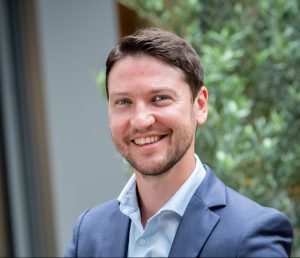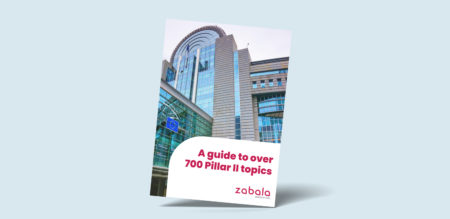This website uses cookies so that we can provide you with the best user experience possible. Cookie information is stored in your browser and performs functions such as recognising you when you return to our website and helping our team to understand which sections of the website you find most interesting and useful.
IMMERSE Kick-off: Integration mapping of refugee and migrant children
The Kick-off Meeting held in Madrid on 17th and 18th December 2018 bought together eleven project partners from seven countries to start work on a new integrated methodology to develop a set of recommendations on the integration of refugees and migrant children in Europe.

The aim of IMMERSE project, funded by the European Commission through the programme Horizon 2020, is to define a new integrated methodology to generate and monitor quantitative and qualitative data and to develop a set of recommendations on the integration of refugees and migrant children in Europe. ZABALA takes part in the project leading the activities related to social awareness and stakeholders engagement.
The project will involve children and relevant stakeholders to identify the key parameters related to intercultural competences, wellbeing and gender affecting children’s integration and will co-create a new dashboard of social and educational integration indicators. A database and an app will be developed within the project, collecting and monitoring data (from children 6-18) in six European countries: Belgium, Germany, Greece, Ireland, Italy and Spain. Best practices of integration at local level will be identified and its advancement and replication will be promoted. Data analysis will draw a representative image of National and Europe’s reality on refugee and migrant children’s integration leading the consortium to develop policy papers with specific recommendations on migrant children’s integration at national and European level targeting both policymakers and educational institutions to foster diverse and inclusive societies.
The Kick-off Meeting was held in Comillas Pontifical University in Madrid (Spain) on 17th and 18th December 2018. Eleven project partners from seven countries came along to share the project goals, expectations and results to be achieved during the next four years. Roles and responsibilities to be carried out were explained by Comillas Pontifical University, project coordinator, and the leaders of the different work packages. The partners also take advantage of the meeting to visit Padre Piquer secondary and vocational school in Madrid, to know about their innovative educational methods working with migrants and disadvantaged students.



